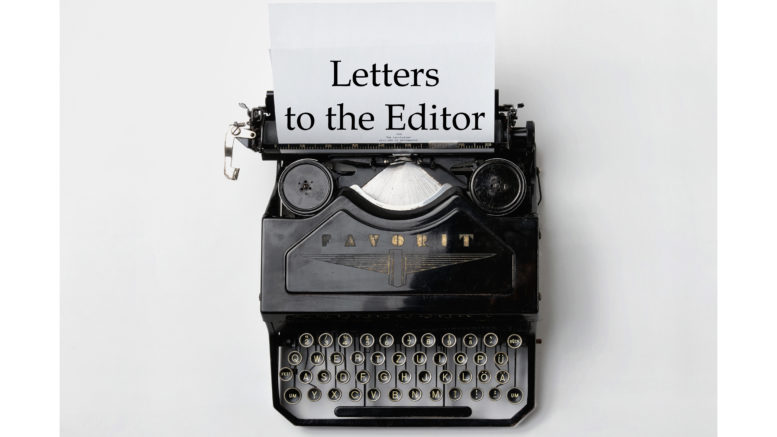Dear Editor:
As a Carmel resident, taxpayer and keen observer of municipal politics, I read Joshua Carr’s recent comments (“Reader characterizes Carmel mayoral candidate as being “shortsighted, out of touch,” published on March 1) with more than a little incredulity.
As has been pointed out, Mr. Carr has been the beneficiary of several appointments to organizations that benefit directly from the direction the incumbent mayor and council have taken on many issues related to growth and economic development. To borrow from his own phraseology, it doesn’t take a rocket scientist to understand Mr. Carr’s deep bias toward Jim Brainard and against any candidate or ideas that oppose the incumbent.
In offering his critique of Brainard’s primary opponent, Hamilton County Councilor Fred Glynn, Mr. Carr feebly attempts to downplay the impact that redevelopment of Carmel’s core is having on small business. What he fails to acknowledge is that many smaller, entrepreneurial businesses rely upon inexpensive locations to lease. When redevelopment uproots these business – as will happen again soon with the pending redevelopment of Monon Square – these small businesses not only have to bear the cost of relocation, but often pay higher lease costs per square foot in their new location. For them, simply moving into a glitzy new mixed-use vertical building with lease costs typically four to five times as much per square foot is not a realistic option, so they quietly go out of business. Those that do manage to find another place to relocate to open are forced to look outside of Carmel, in communities where lease costs are less.
Even those businesses that try to withstand the onslaught of redevelopment in Carmel suffer collateral damage due to ill-conceived and ill-timed projects that impact access to their locations over a long period of time. Just ask those merchants along those portions of Range Line Road between Executive Drive and 4th Street and between 136th Street north to Clay Terrace. Projects to turn Range Line Road into a “walkable, bikable” corridor just two block east of the existing Monon Trail have caused severe hardship for many of the businesses along those areas.
Just ask the merchants of the retail centers on either side of the overpass at Carmel Drive and U.S. 31 how city administrators support small business. Once the mayor insisted that INDOT place an interchange at 136th Street instead of Carmel Drive/126th Street, the resultant traffic flow to and from the Meridian Street/U.S. 31 route to these businesses all but dried up. Loss of customer traffic forced many of these businesses – most of which were a mix of locally-owned and operated franchises and family-owned shops – to close, leaving the blight of vacant storefronts on both side of the overpass.
In the end, Mayor Jim Brainard, the incumbents on the Carmel common council and their sycophants like Mr. Carr can try touting the current strategy of endless borrowing by the city and the Carmel Redevelopment Commission in an effort to build out a new downtown Carmel and attract more businesses.
Yet, the warning signs have already appeared about the effects that $1.3 billion in outstanding bonded debt are and will be having on Carmel’s very fiscal sustainability. This borrowing is a matter of public record and something neither the mayor nor council (nor Mr. Carr, for that matter) can whitewash. Small businesses by and large do not benefit from this borrowing, nor do Carmel taxpayers.
As principal payments on bonds start coming due, the city will be forced into the inconvenient truth of having to (a) substantially raise the property tax rates, (b) operate at a deficit, and/or (c) make painful across-the-board cuts to all city services in order to accommodate the substantially higher annual debt service expenditures.
Perhaps Mr. Carr can laugh at this, but Carmel’s voting taxpayers aren’t.
Andy Davies
Carmel

